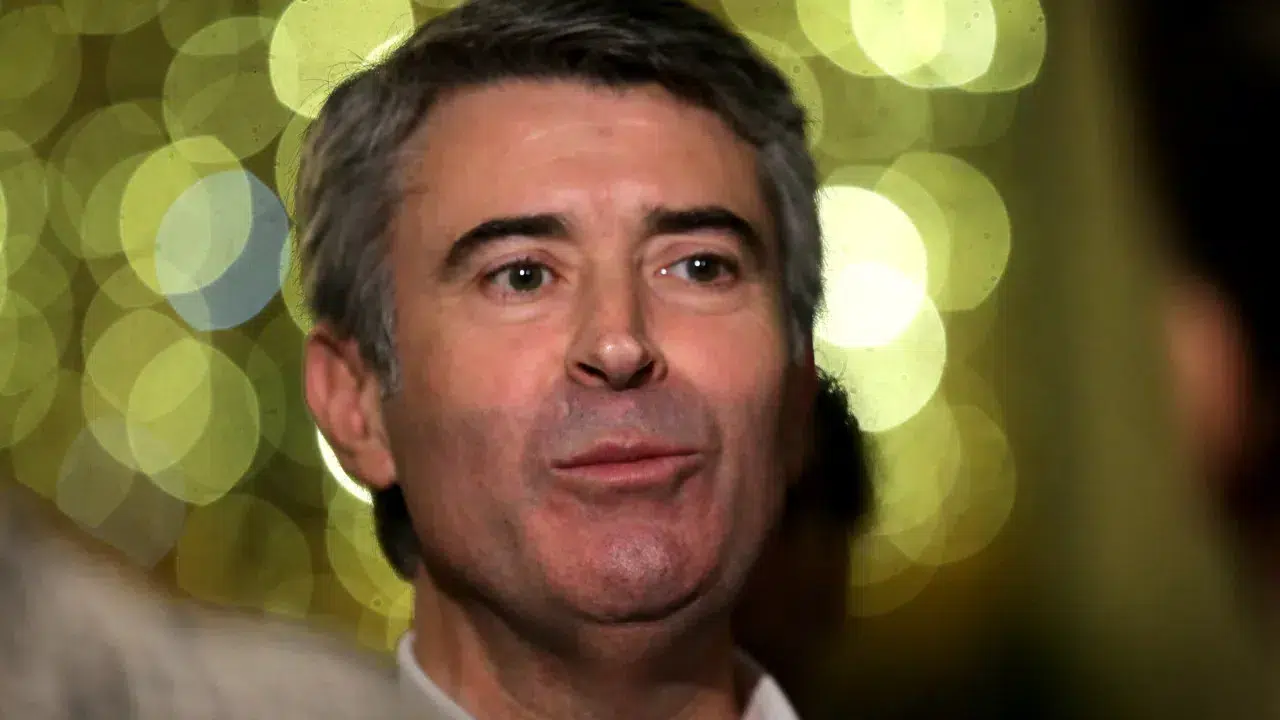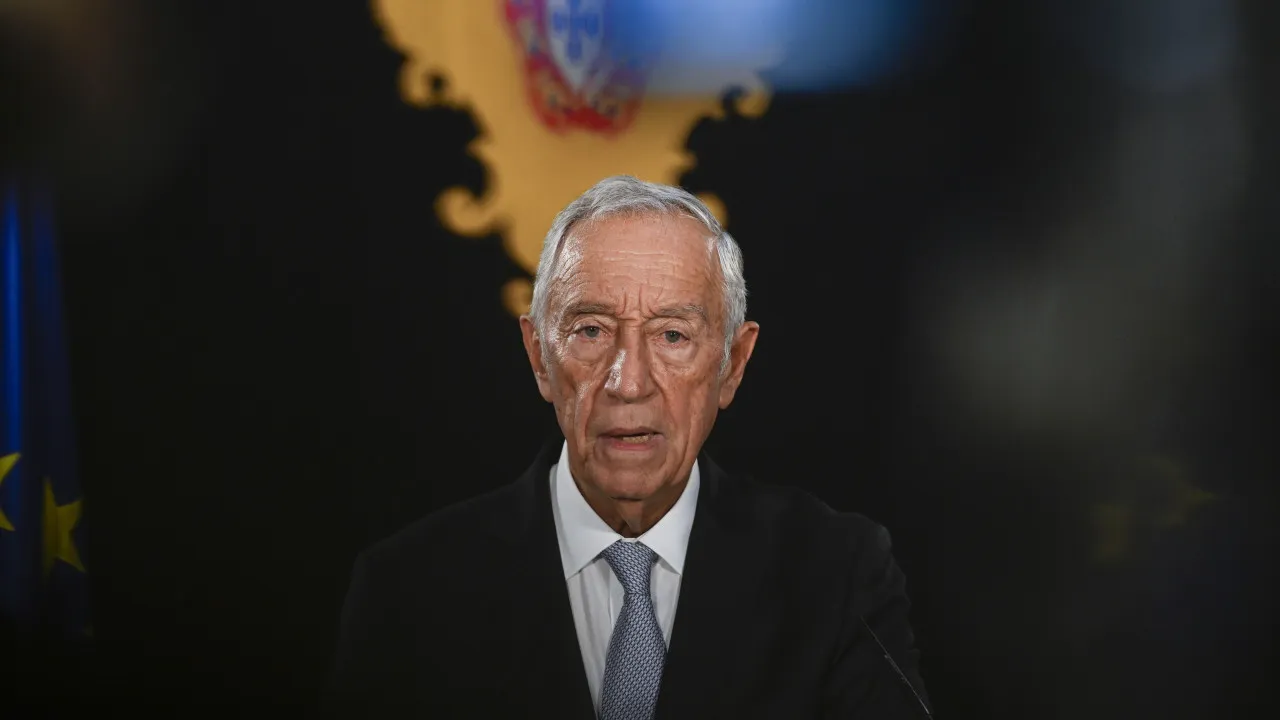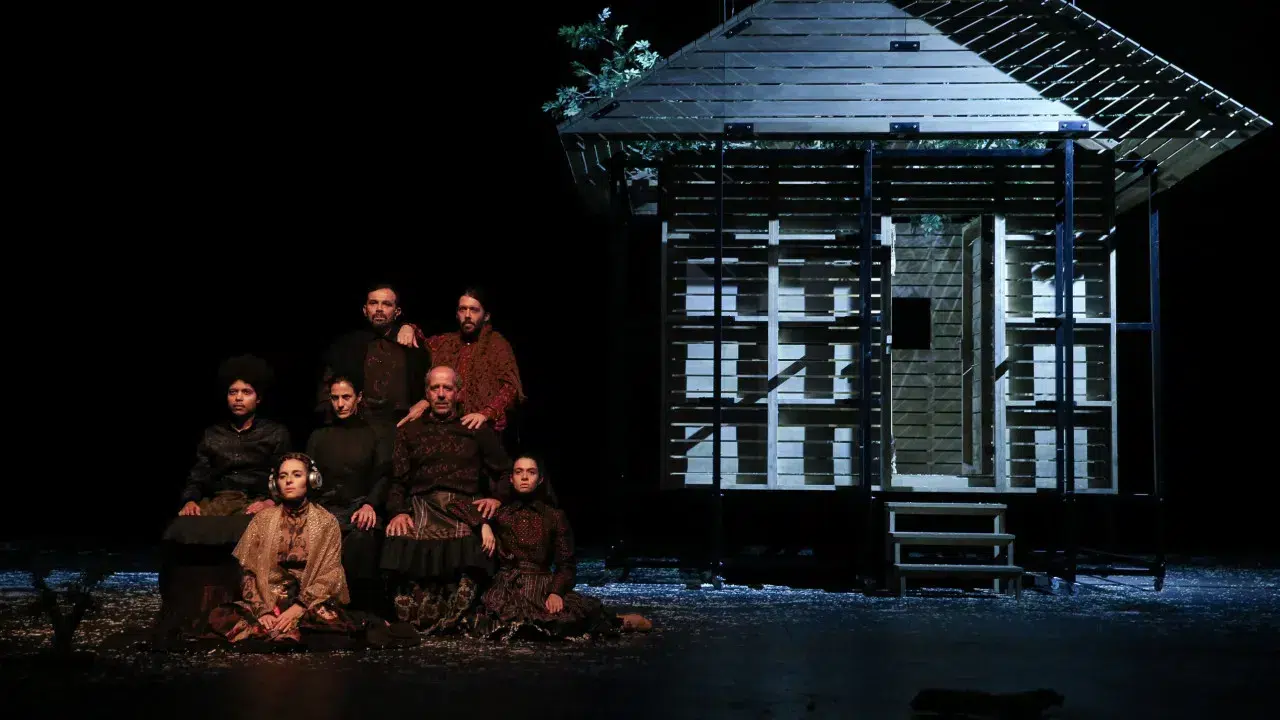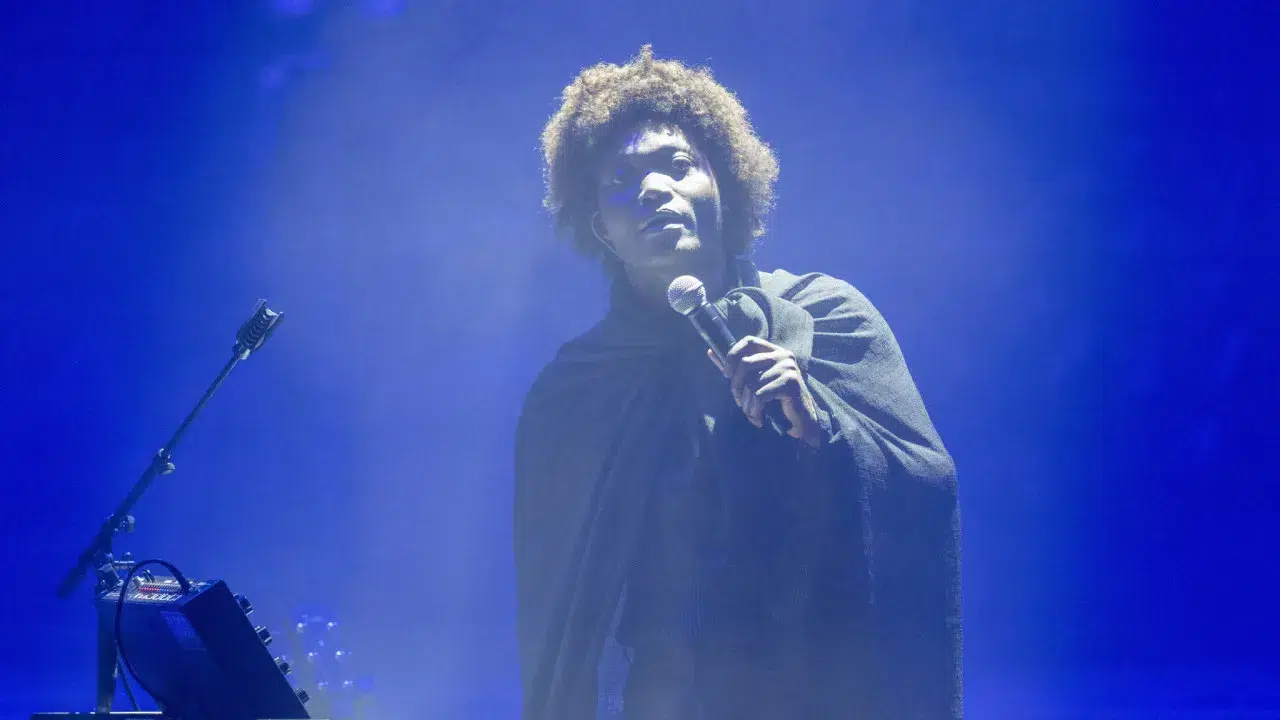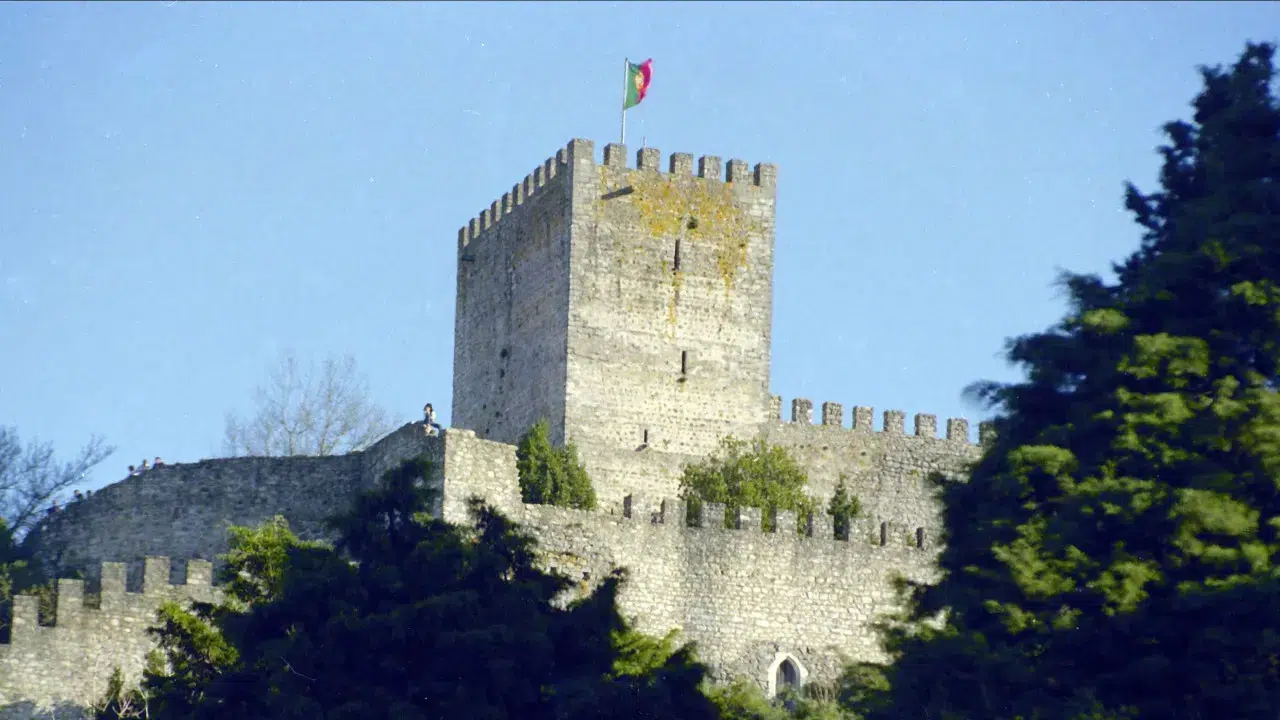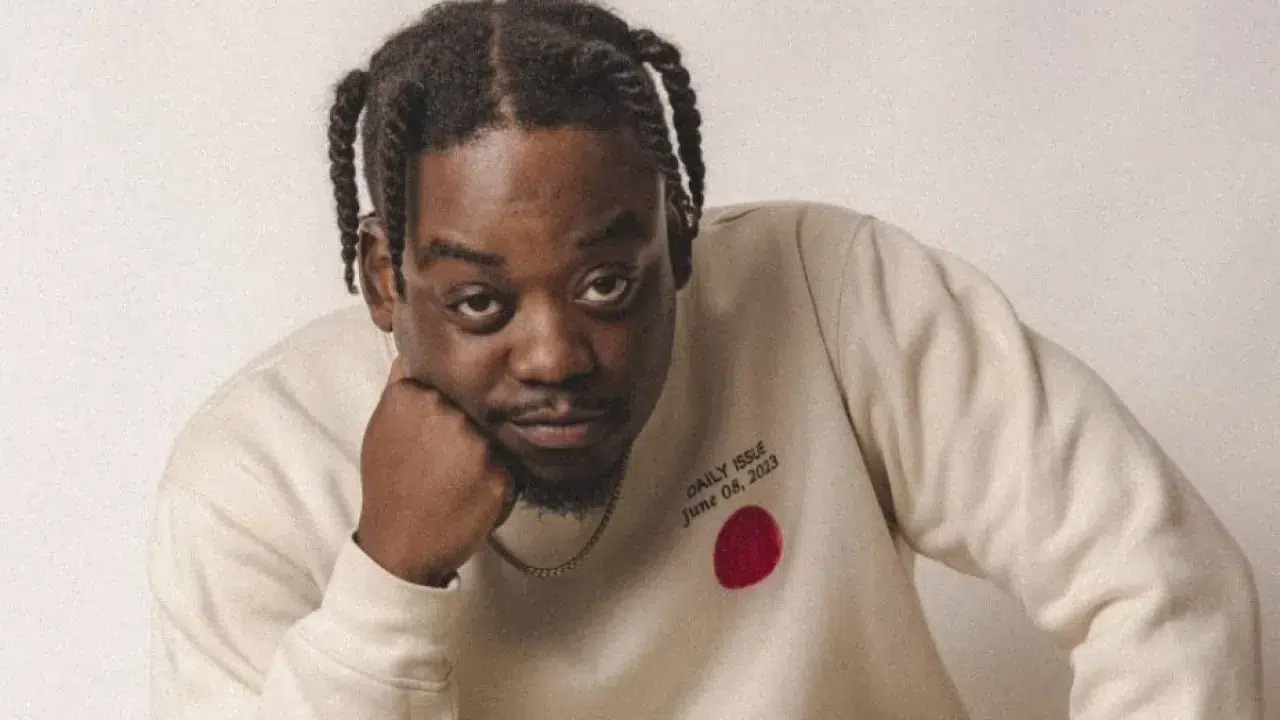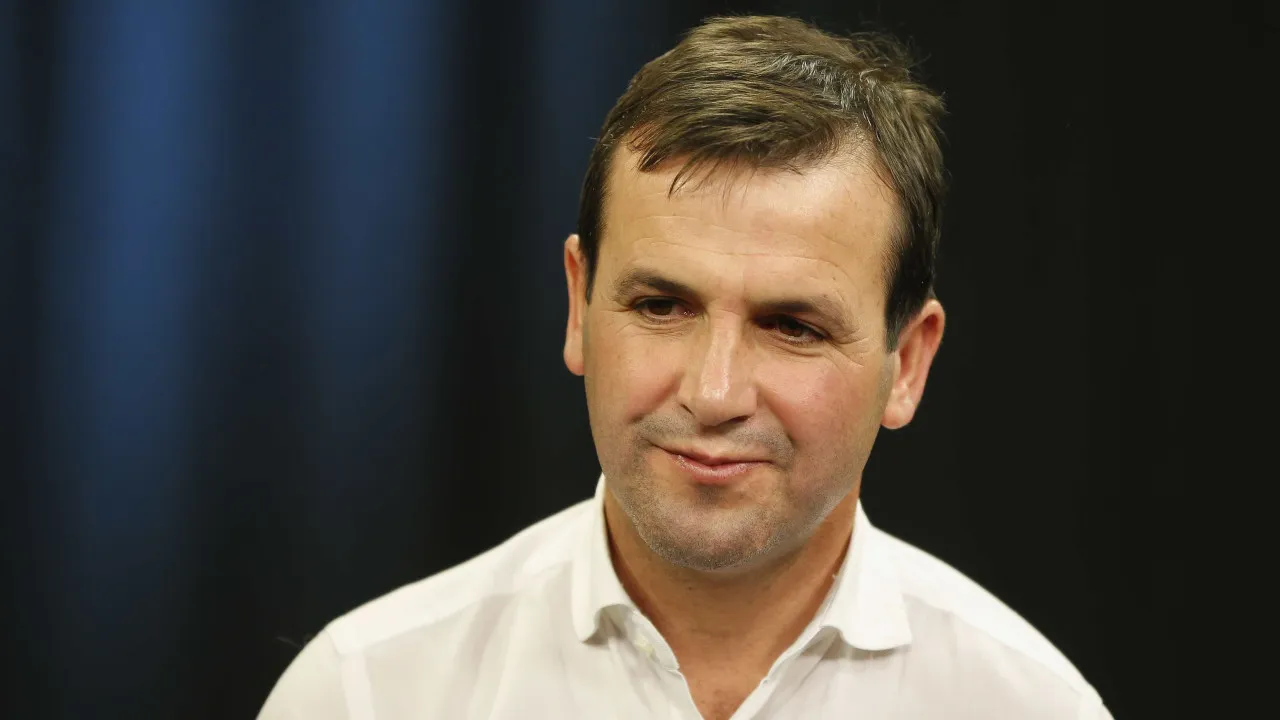From July 4 to 18, 20 shows make up the 40th edition of the festival.
Peter Stein and Ohad Naharin will be joined by Milo Rau, Hanane H.
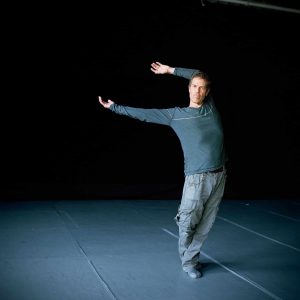
In this year of celebration of the 40th edition of the Almada Festival and the 50th anniversary of Almada’s elevation to the status of the biggest theatrical event on the national calendar presents itself, in the words of its director Rodrigo Francisco, as a place open to doubt. A doubt which, after all, and as PÚBLICO explains, responds to a “certain dematerialization dematerialization that has led people to group themselves into opinions and fight without even listening to what others have to to say”.
If the organic structure of the Almada Festival, since its creation in 1984 by Joaquim Benite, inspired by the Festival d’Avignon and other major European events, to question its role – what’s the point of a theater festival, after all? -Increasingly, says Rodrigo Francisco, “it can serve to bring together people with different opinions, who can listen to other voices, even if it’s only to return to their original opinions”. And drawing on the memory of the festival itself, he quotes a phrase by German director Peter Stein, who, in the course The Sense of Masters, said something like “Theater begins when one character comes on stage and says one thing, and another comes on stage and says exactly the opposite”.
Peter Stein, Declan Donnellan, Batsheva and theater and dance premieres at Almada Festival
Previously announced, Peter Stein was one of the big names already known for this 40th edition, which runs from July 4 to 18 in various theaters in Almadense (Palco Grande de l’Escola D. António da Costa, Teatro Joaquim Benite, Fórum Romeu Correia, Cine-Teatro Academia Almadense and Incrível Almadense) and Lisbon (Centro Cultural de Belém). Ms. Stein will present her staging of Harold Pinter’s The Birthday for the Tieffe Teatro Milano (July 12, Palco Grande). The choreographer Ohad Naharin presents his creation MOMO (July 13-14, Centro Cultural de Belém) for the Batsheva Dance Company.
From the same fundamental house of European theater that Stein directed for 15 years (1970-1985), the Schaubühne, Almada this year presents what was perhaps the highlight of the presentation of the complete program for the 40th Almada Festival, which took place this Friday at the Casa da Cerca in Almada: Everywoman (June 15-16, Centro Cultural de Belém), a show by by Swiss director Milo Rau, one of the most inventive and essential creators in contemporary theater. An adept at putting theatrical conventions to the test, Milo Rau proposes a play performed by two women (actress Ursina Lardi, co-author of the text, on stage, and spectator Helga Bedau on video), one of whom records a sort of
diary of her last months as a terminally ill patient. A play about death, without gloss or tears.
Opening night honors go to Valha-nos Aristófanes! (July 4, Palco Grande), created by the historic Catalan company Els Joglars, featuring an ex-classical teacher as the protagonist of a play that Francisco describes as “a caustic farce about cancellation, censorship and boycott”. Spain will also present the first volume of the Encyclopedia of Pain, by author and director Pablo Fidalgo, with the subtitle Que Isto Não Saia Daqui (15-17, Forum Romeu Correia).
This is the first of three shows in a cycle dedicated to the legacy of violence in Spain.
the legacy of violence in Spain. Declan Donnellan’s reading of Life is a Dream (17 and 18, Teatro Joaquim Benite), a classic of Spanish drama by Calderón de la Barca, has already been announced.
Jogging, partying and adolescence
From Lebanon comes a unique performance by Hanane Hajl Ali, Jogging (7-9, Incrível Almadense), which takes as its starting point the figure of Medea, who has always intrigued the author and director, to develop an intimate play about what might drive a mother to kill her children. Hajl Ali plunges into the depths of the hard, visceral feelings nourished by the two activities that, which, she believes, save her most from psychiatric consultations: theater and jogging. The international theater program will also include Ulysse de Taourirt (16, Grande Scène), written and directed by Abdelwaheb Sefsaf, which tells a story of immigration to France in the post-war period, based on his father’s life story and focusing on life in the suburbs. To close this 4th edition, the Raoul Collectif will return to Almada with Une Cérémonie (18, Palco Grande), a play with a strong musical presence in which a group of actors “question us about celebration, about what still brings us together and makes us go to the theater”, describes the festival director.

Music will continue to occupy the stage and prove fundamental in two Portuguese shows on repeat, both interested in exploring how records, bands, lyrics and posters on walls help to form an identity and get through adolescence. So it is with Aquilo que Ouvíamos (July 6, Palco Grande), a concert-play by Joana Craveiro for Teatro do Vestido.
Subscribe in which four actors and five musicians return to the 80s of the 20th century, letting the sounds guide their journey the past; and also with Montanha-Russa (July 10, Palco Grande), a piece created by Inês Barahona and Miguel Fragata with Clã, which is a blend of adolescent diary writing and musical exuberance.
The national program will also include a premiere in a show signed by Rodrigo Francisco for the Almada theater company, Calvário (July 5-16, Teatro Joaquim Benite), centered on an actor hired to bring to life Minetti, a character from Thomas Bernhard’s most famous play. The play within the play, with the entire cast dissatisfied, seems doomed to failure. Ventos do Apocalipse (7-9, Academia Almadense), by Noé João de Paulina Chiziane , Prix Camões 2021, is also being previewed, and deals with the memory of the Mozambican civil war. And “works on memory, the incessant search, the characters’ search for the promised land”, explained the author. In terms of performances, the festival will also welcome Sweden (July 5 and 6, Teatro Joaquim Benite), a text by Pedro Mexia directed by Nuno Cardoso, set in the post-election period of 1976, and which the director describes as dealing not so much with Sweden as with “the idea of social democracy”.
Also of note is a singular creation by actor and director Rui M. Silva, A Equipa (15 to 17, Incrível Almadense), a cross between theater and basketball, in which the author goes back in time to analyze how “the greatest of defeats” can leave traces. Afonso Cruz’s text is based on interviews with former Ovarense basketball players.
ÍPSILON
The honorary show, the most voted for by the public at the 2022 edition, is the return of I Am My Own Wife, a play by Doug Wright, directed by Carlos Avilez, in which Marco D’Almeida launches into a “35-character monologue”.
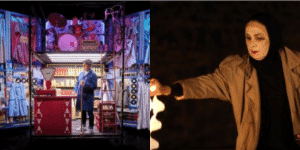
Vaudeville clowns and punk clowns
A Comuna also returns to the Almada Festival with Não Andes Nua pela Casa! (8, Palco Grande), directed by João Mota for the text by Georges Feydeau, considered “the king of vaudevillian theater”, centered on the life of a deputy and his wife. At the presentation, João Mota praised the “nonsense and truly astonishing surrealism” of the text, also praising the piles pointed at the “mediocrity of politicians” and praising the irreverence of a female character who “heralds the emancipation of women”.
João Mota is, in fact, the guest of honor at the 40th Almada Festival. Founder, in 1972, of Comuna – Research Theatre, after having been trained by the mythical Peter Brook. He said he felt “the almost childlike joy of a child” as the honoree, and assured us that “it was worth it, it’s always worth it” of a theatrical journey that has already lasted 65 years. He added that theater perseveres in the most difficult of times: “If things were going well, in a mediocre calm, we’d fall asleep, as happens to a lot of people”.
As has been the rule for some years, the Almada Festival also opens its stages to dance and new circus.
Batsheva is joined by Belgian choreographer Yoann Bourgeois with
Minuit (13 and 14, Théâtre Joaquim Benite), a show that “dramatizes the accidents that occur during choreography”, explains Rodrigo Francisco ; On the new circus front, we’ll be seeing Optraken (14, Palco Grande), a piece for five acrobats by the Galactik Ensemble, and Eins Zwei Drei (9 and 10, Teatro Joaquim Benite), a declowns punk show by Martin Zimmermann, with Portuguese dancer Romeu Runa, which began with an invitation to Martin Zimmermann, with Portuguese dancer Romeu Runa, to present a creation inside a museum, soon to be confronted with the restrictions imposed by the space. It is, so to speak a show of revenge on these circumstances.

